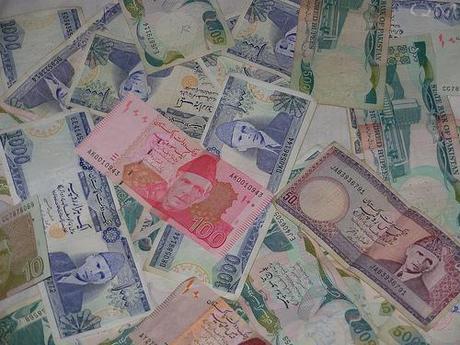
Pakistan is estimated to have one of the lowest tax to GDP ratios in the world, with only about 17 million of the country’s 176 million people paying income tax. Only the salaried class pays income tax in full. Income tax is deducted at the source from salaries, whereas business people are required to pay voluntarily. The rest of the population is either too poor to be taxpayers, or use an array of loopholes to evade taxes.
A recent survey conducted by the National Database Registration Authority revealed that there are over 2.25 million wealthy people in Pakistan who do not appear in the tax system at all. There are a three million registered with the tax authority, but only 1.4 million filed tax returns last year.
The first major tax reforms in Pakistan were implemented in July 2002 with the promulgation of an Income Tax Ordinance, which focused on simplifying tax registration and payment procedures. Over the last decade, donor agencies have contributed heavily to reforming the tax collection system in Pakistan, which was considered inefficient and susceptible to corruption. With the new online tax filing system, reduced physical interaction with tax officials has helped in reducing opportunities for corruption and complaints about corrupt practices.
Due to a small tax base and a lack of interest among the political parties in passing legislation to include agriculture income in the tax base, Pakistan depends heavily on indirect taxes. Petroleum is the most heavily taxed sector in the country. According to a news report, there are nine different taxes on petroleum products. Without withholding taxes, their collection totaled 503.5 billion rupees ($5.27 billion) in 2010-11. This means that about half of the country’s indirect tax revenue comes from petroleum products.
So far, efforts to expand the tax base and reduce dependency on indirect taxes have not been successful, in part due to a lack of political will, and in part due to the tax regulator’s inability to challenge those who do not pay their taxes. One proposed fix floated by the government is a major amnesty plan that would reach 3.8 million people, giving them the chance to voluntarily declare income and assets, and have them legalized by paying a fixed amount equal to $450. It remains to be seen whether this plan will achieve its aims of broadening the tax base.

